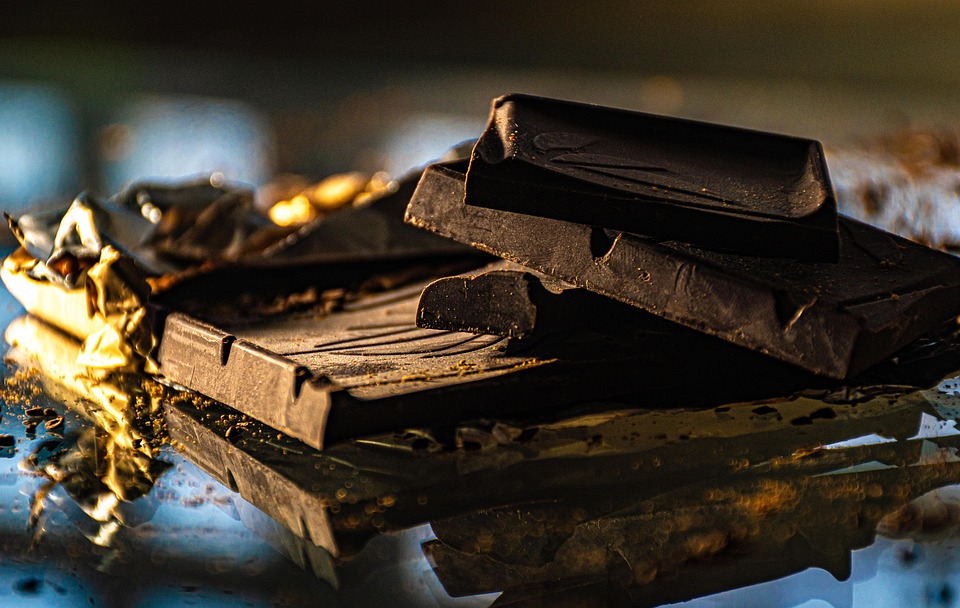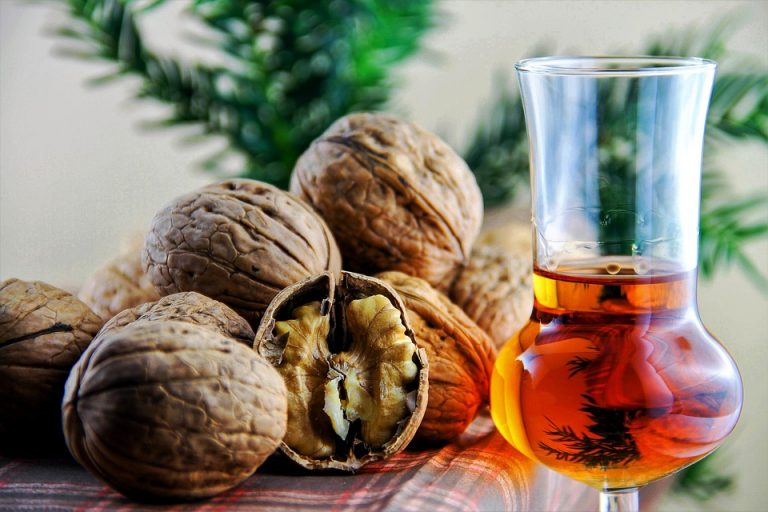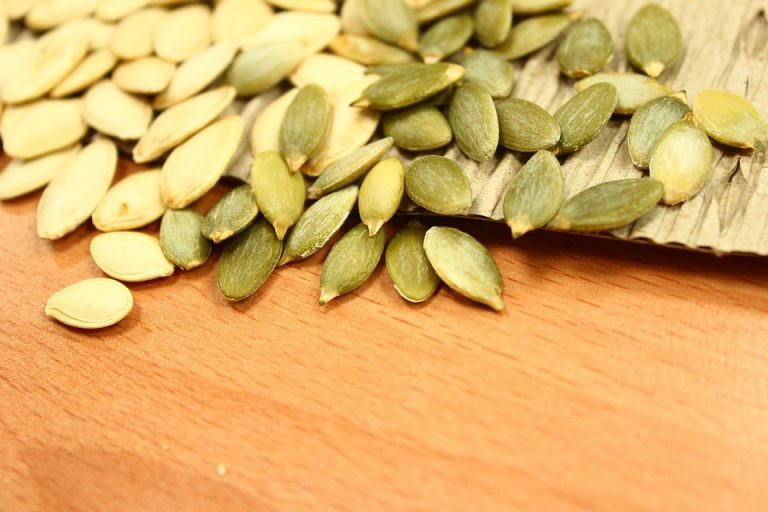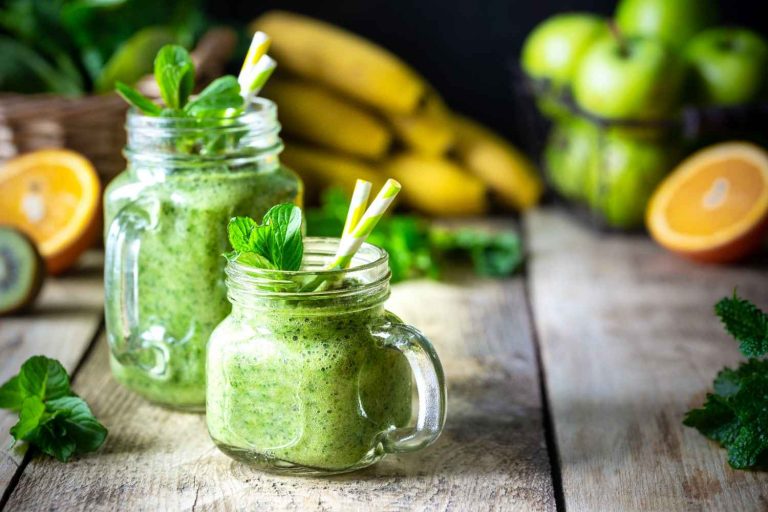5 Reasons Dark Chocolate Boosts Erectile Function
Have you ever savored a piece of dark chocolate and felt a moment of bliss wash over you? That simple pleasure might have more than just a fleeting effect—it could also play a role in enhancing erectile function. As more research delves into the intricate connections between diet and physical health, dark chocolate has emerged as a contender. Here’s a closer look at five reasons why indulging in this treat might actually benefit your performance in the bedroom.
Contents
1. Enhanced Blood Flow
One of the key mechanisms behind erectile function is effective blood flow. Dark chocolate, particularly varieties rich in flavonoids, can significantly enhance vascular health. These flavonoids are natural compounds that promote the production of nitric oxide in the body, a molecule crucial for dilating blood vessels and improving blood circulation.
In a study published in the American Journal of Clinical Nutrition in 2012, researchers found that regular consumption of flavonoid-rich foods, including dark chocolate, was associated with lower blood pressure and improved blood flow. This vascular enhancement can help achieve and maintain erections, which rely heavily on adequate blood flow to the penis (1).
Limitations
It’s important to note that not all chocolate is created equal. Milk chocolate or chocolate with high sugar content can counteract some of the benefits associated with dark chocolate. Aim for varieties containing at least 70% cocoa to maximize flavonoid intake.
2. Stress Reduction
Stress is a significant factor impacting erectile function, leading to performance anxiety and reduced sexual desire. Dark chocolate may offer a delicious solution by promoting stress relief. Consuming chocolate stimulates the production of endorphins—neurotransmitters that promote feelings of pleasure and can help alleviate stress.
According to a 2013 study in the Journal of Proteome Research, participants who consumed dark chocolate experienced lower levels of stress hormones, such as cortisol. This reduction in stress not only improves mental well-being but can also have positive effects on sexual performance (2).
Considerations
While dark chocolate can aid in stress relief, it should not be viewed as a standalone remedy. Implementing additional stress management techniques, such as mindfulness or regular exercise, can enhance its effects.
3. Hormonal Balance
Testosterone levels play a crucial role in male sexual function. Dark chocolate may contribute to maintaining healthy testosterone levels due to its high content of flavonoids and other beneficial nutrients, such as magnesium. Research indicates that flavonoids can help regulate hormone levels by positively influencing adrenal function.
A study published in The Journal of Sexual Medicine in 2015 highlighted how diets rich in antioxidants—like those found in dark chocolate—were linked to improved hormone levels and reproductive health (3).
Key Point
While dark chocolate may support hormonal balance, it shouldn’t replace medical treatment for hormonal imbalances. Consulting with a healthcare professional is advisable for anyone concerned about testosterone levels.
4. Improved Mood and Libido
Erectile function is not only about physical health; emotional and psychological factors also play a significant role. Dark chocolate contains phenylethylamine (PEA), a compound that can enhance mood and potentially increase libido. PEA acts as a natural stimulant, releasing dopamine, which boosts feelings of pleasure and arousal.
A study conducted in 2014, published in the British Journal of Clinical Pharmacology, demonstrated that chocolate could have a positive impact on mood and well-being, leading to increased sexual desire in participants (4).
Cautions
While chocolate can elevate mood, it is not a cure-all for libido issues. Underlying psychological factors or medical conditions may require professional intervention.
5. Antioxidant Properties
Finally, the antioxidant content in dark chocolate contributes to overall health, including sexual health. Oxidative stress can damage blood vessels and impair circulation, potentially affecting erectile function. Flavonoids found in dark chocolate combat this by neutralizing free radicals in the body.
A meta-analysis in 2017 published in Nutrition Reviews confirmed that high-antioxidant foods, like dark chocolate, could reduce oxidative stress and inflammation, promoting better cardiovascular health and, by extension, reproductive health (5).
Reminder
Though dark chocolate can boost antioxidant intake, it should be part of a balanced diet rich in various fruits, vegetables, and whole grains for optimal health benefits.
FAQs
1. How much dark chocolate should I eat for these benefits?
Moderation is key. Aim for about 1 ounce (28 grams) of dark chocolate daily. Ensure it’s at least 70% cocoa for the best results.
2. Can dark chocolate replace medication for erectile dysfunction?
No, while dark chocolate may support erectile function through lifestyle improvements, it should not replace prescribed medications or treatments.
3. Are there any side effects of consuming dark chocolate?
In moderation, dark chocolate is generally safe. However, excessive consumption can lead to weight gain or digestive issues due to its calorie density.
4. Can dark chocolate help with other health issues?
Yes, in addition to improving erectile function, dark chocolate may help lower blood pressure, improve heart health, and reduce inflammation if consumed as part of a balanced diet.
Conclusion
Incorporating dark chocolate into your diet might offer surprising benefits for erectile function—from improved blood flow to enhanced mood and hormonal balance. However, while chocolate can contribute positively to sexual health, it works best alongside a comprehensive approach that includes a healthy diet, regular physical activity, and stress management. The next time you enjoy a piece of dark chocolate, remember that it’s not just a treat; it could be part of a strategy to boost both your mood and your performance.
References
-
Grassi, D., & Desideri, G. (2012). “Plant-derived flavonoids and hypertension.” American Journal of Clinical Nutrition. URL: https://www.ncbi.nlm.nih.gov/pmc/articles/PMC5533034/
-
Rabelo, L. A., et al. (2013). “Dark chocolate compounds: Protective roles against oxidative stress in humans.” Journal of Proteome Research. URL: https://pubs.acs.org/doi/10.1021/pr400728e
-
Kacker, S., et al. (2015). “Dietary antioxidants and sexual health.” The Journal of Sexual Medicine. URL: https://www.jsm.jsexmed.org/article/S1743-6095(15)00235-5/fulltext
-
Lane, J. (2014). “Chocolate and mood: insulin resistance and sexual desire.” British Journal of Clinical Pharmacology. URL: https://bpspubs.onlinelibrary.wiley.com/doi/full/10.1111/bcp.12437
-
Biondi-Zoccai, G., et al. (2017). “The role of antioxidants in cardiovascular health.” Nutrition Reviews. URL: https://academic.oup.com/nutritionreviews/article/75/9/739/3925965
Get Your FREE Natural Health Guide!
Subscribe now and receive our exclusive ebook packed with natural health tips, practical wellness advice, and easy lifestyle changes, delivered straight to your inbox.






